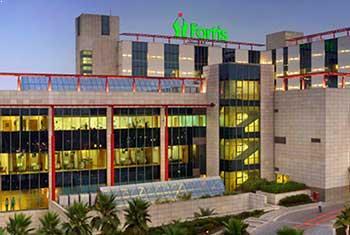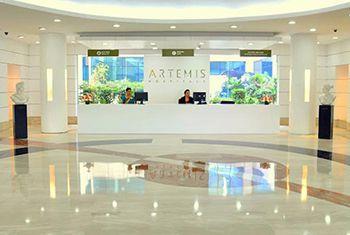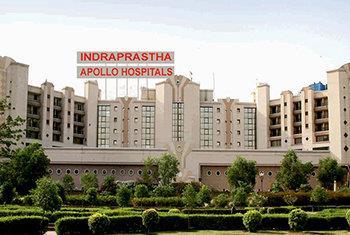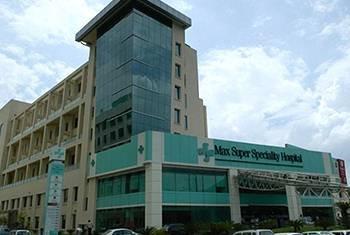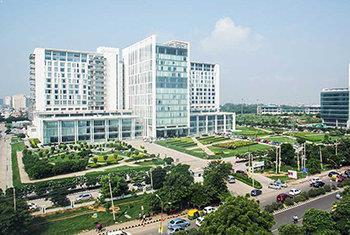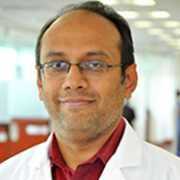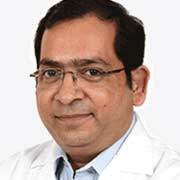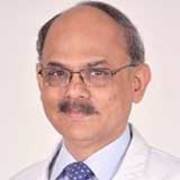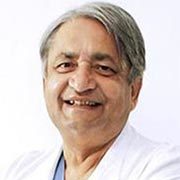Although, there is no complete cure for Multiple sclerosis, certain therapies are available to manage the symptoms in the patient and cope with disability.
The treatment is focused on slowing the disease progression, increasing the remittance period (no neurological episodes) and making the symptoms manageable.
The disease-modifying drugs or therapies are the long-term treatment for MS but cannot cure the disease itself but only aid in slowing the progression and preventing new attacks. For short term treatment – only to relieve symptoms, drugs such as corticosteroid are known to be effective.
Disease-modifying Therapy
The disease modifying drugs prevent symptom flare-ups and delay the advance of the disease. They work by preventing the immune system from attacking the myelin sheath that covers the neurons, which is the effective cause of the disease. These drugs can be given in the form of injection under the skin or muscles or as oral pills. The injectable medication includes:
- Beta-interferons: These are the most commonly prescribed medications for treatment of MS. They reduce the frequency and severity of relapses or flare-up of symtoms.
- Glatiramer acetate: This drug helps by blocking the attack on myelin sheath by the body’s immune system. This is injected beneath the skin.
The side effect of using injectable medications is that they may cause skin irritation at the injection site.
The Oral medication for Multiple Sclerosis:
These drugs are taken orally by the patient as per doctor’s prescribed dosage and can help in reducing relapses.
- Siponimod
- Dimethyl fumarate
- Teriflunomide
For RRMS in children (10-17) medication, there is only one approved disease-modifying therapy.
Infusion based medications for Multiple Sclerosis:
The infusion drugs are given directly into the veins by the doctor once in a few months.
- These include Natalizumab and ocrelizumab (MSOcrevus™) – the approved medication for primary-progressive. These drugs are used when others don’t work. Their function is to prevent the immune system from attacking the neurons in the brain and spinal cord.
- Mitoxantrone is given in case of secondary-progressive MS and is basically been chemotherapeutic drugs used for treatment of cancer.
Adverse effects of using medication
The problem with disease-modifying drugs is the adverse effects related to major CNS and cardiovascular system, and prolonged usage may lead to life-threatening diseases. The side-effects of these medications include headache, back-pain, diarrhoea, abnormal liver tests, nausea, high blood pressure and hair loss, among others. Some more adverse effects like liver damage, infertility, acute myeloid leukaemia, etc. have also been noted.
Treatment of Symptoms
A wide variety of medications are also available to manage the symptoms and vary depending on the kind of symptoms.
Corticosteroids: Most commonly used steroids for MS can be given orally as well as intravenously. These may reduce nerve inflammation and manage the flare-ups. Side effects for these include increased blood pressure, mood swings, insomnia and fluid retention.
Plasma exchange (plasmapheresis): It is used when steroids don’t work. Plasma, the liquid part of blood, is removed and separated from blood cells. The blood cells are sent back into body after mixing with protein solution called albumin. Plasma exchange may be used if your symptoms are new, severe and haven’t responded to steroids.
Managing MS signs and symptom
Physical therapy can help in strengthening and improving the muscle tone. The exercises and stretching with the help of mobility devices can help manage leg weakness and make it easier to perform daily tasks.
Medications for managing symptoms –
- Muscle relaxants: help with muscle stiffness or spasms
- Fatigue and weakness
- Depression: Antidepressants are used
- Bladder problems
- Drugs to increase walking speed in MS patients
- Neuro-rehabilitation, counselling and exercising is recommended for improving the symptoms and disability.
- Medications also may be prescribed for depression, pain, sexual dysfunction, insomnia, and bladder or bowel control problems that are associated with MS.
Lifestyle Changes
- Getting good sleep and plenty of rest is essential.
- Regular exercise: It is recommended as exercise can help improve muscle strength, balance and coordination.
- Avoid heat as Multiple Sclerosis symptoms may worsen in some people as the body temperature rises. Using cooling devices can prove to be helpful.
- Balanced diet: A wholesome and nutritious diet should be taken. According to researches, vitamin D may have certain benefit for people dealing with Multiple Sclerosis.
- Manage stress. Stress can be the trigger behind symptoms or may worsen the existing ones. Meditation, yoga, deep breathing and other such activities which help you relax are suggested.
